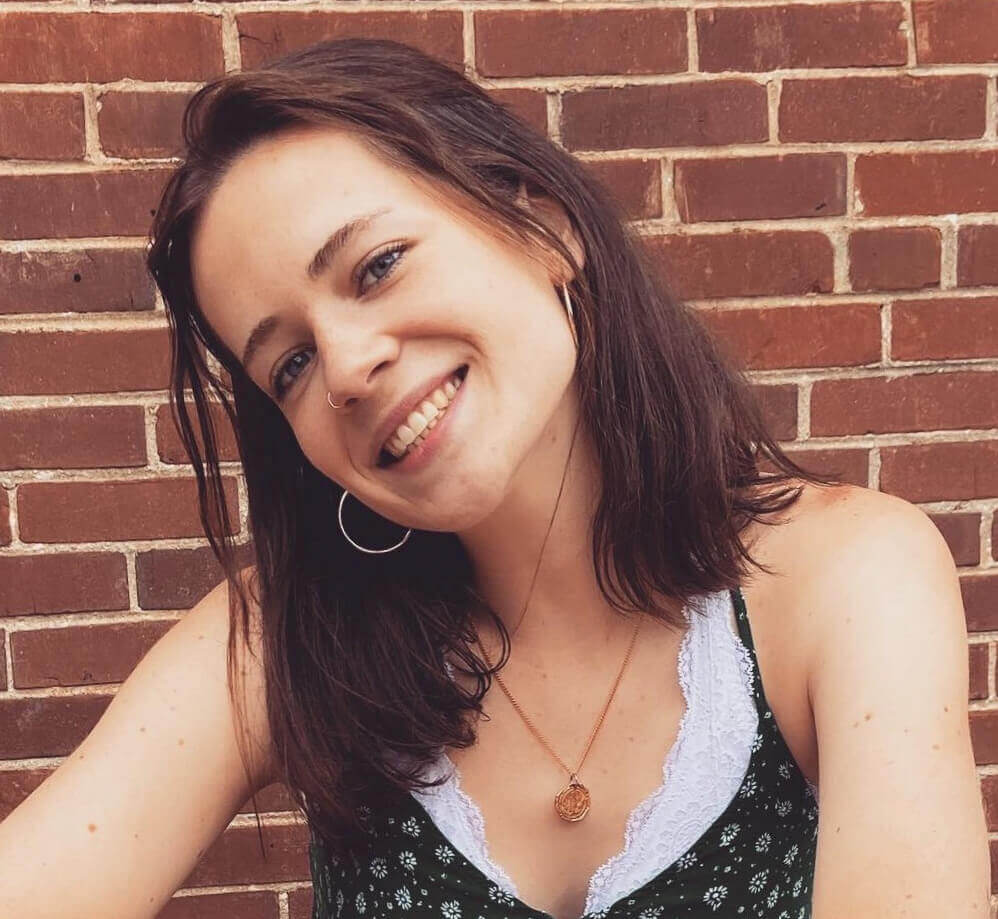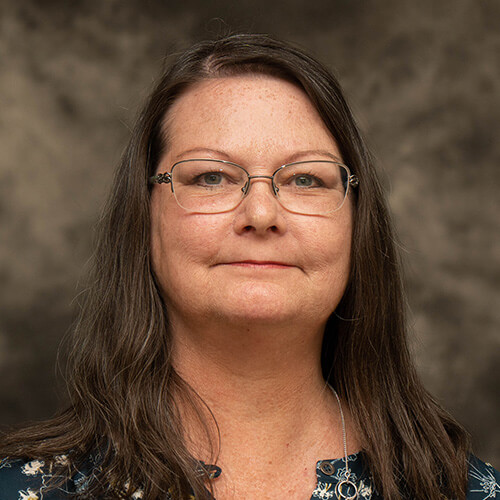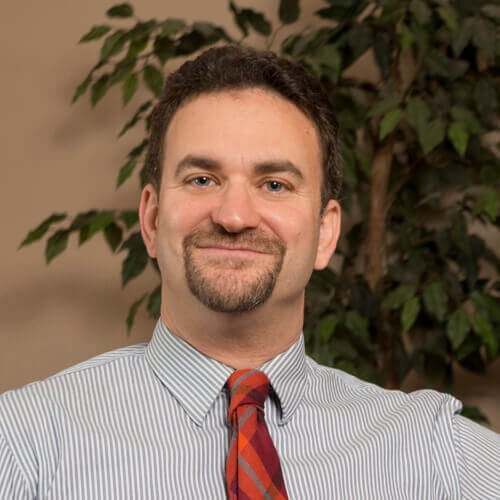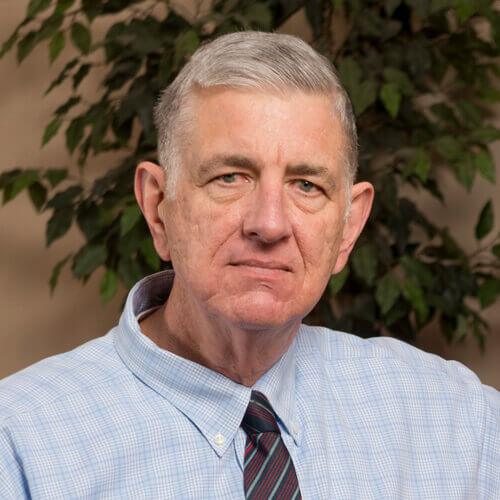Why study History at MC?
Maryville College History majors encounter the seemingly endless diversity of human experience, as lived through thousands of years from the ancient world to the 21st century. They explore individuality and social organization, politics and religion, war and peace, art and economy, stability and revolution, the rise and fall of republics and empires, and much else. They reconstruct the changing social nature of love, hate, honor, fear, patriotism, respect, and devotion. They can choose courses in United States, European, Asian, African and Latin American history.
Studying history is concerned with our own times as well as the past. Why are things the way they are? Could they be different? What would that take? What can we reasonably expect in decades to come? These questions about the present and the future lie behind almost all study of the past. Studying history can help you free your mind, because it uncovers possibilities for ways of being, thinking, and acting.
Studying history equips you to learn, to think, to communicate–to succeed.
ON CAMPUS OPPORTUNITIES
Since 2021, History Professor Dr. Nancy Locklin-Sofer and her students have been working to solve a nearly 100-year-old local mystery involving a serial killer whom the media dubbed “The Night Marauder.” Their findings, which have received nationwide media attention, are posted on a blog and will eventually be compiled into a book. Phi Alpha Theta is a national honor society in history, and the College’s Alpha-Mu-Psi chapter welcomes new inductees every April. Students who qualify for participation are eligible for scholarships and may present papers at conferences. The History Society is open to any student with an interest in history. Together, these groups host a history fair and plan events such as the year-end historical water gun battle “reenactment.”
Meet a Current Scot

Gracie McKee
Hometown: Maryville, Tennessee
Gracie’s career goals include enrolling in the Fashion Institute of Technology’s master’s program in Fashion Archiving, combining her passion for history and fashion.
She enjoys the study of history because “it provides the opportunity to learn new perspectives, engage in exploration of the past, and develop a deeper understanding of the world.” For her, the difference between college-level history classes and high-school history classes has been striking. “There are whole, semester-long classes on one era of history, and those are some of the best.” She rounds out her academic experience as a member of the College’s History, Preservation and Traditions Club, a reporter with the College’s newspaper, and an academic mentor.
Meet a Recent Grad

Eleanor Forester ’21
Currently: Pursuing a Master of Divinity degree at Memphis Theological Seminary
Eleanor majored in History and graduated as the 2021 Outstanding Senior, recognized for her exemplary academic record and Senior Study, involvement on campus and potential to be an outstanding alumna. Currently pursuing her master’s degree with the intention of becoming an ordained minister of the Cumberland Presbyterian Church, Eleanor credits the MC faculty with preparing her for graduate school.
“My professors were unfailingly engaging, organized and encouraging,” she said. “My classes helped me strengthen skills I need for my graduate studies: independent research strategies, writing competency, historical contextualization and critical reading/thinking skills. I began my graduate program with much confidence because of my experience with the Maryville College History Department.”



